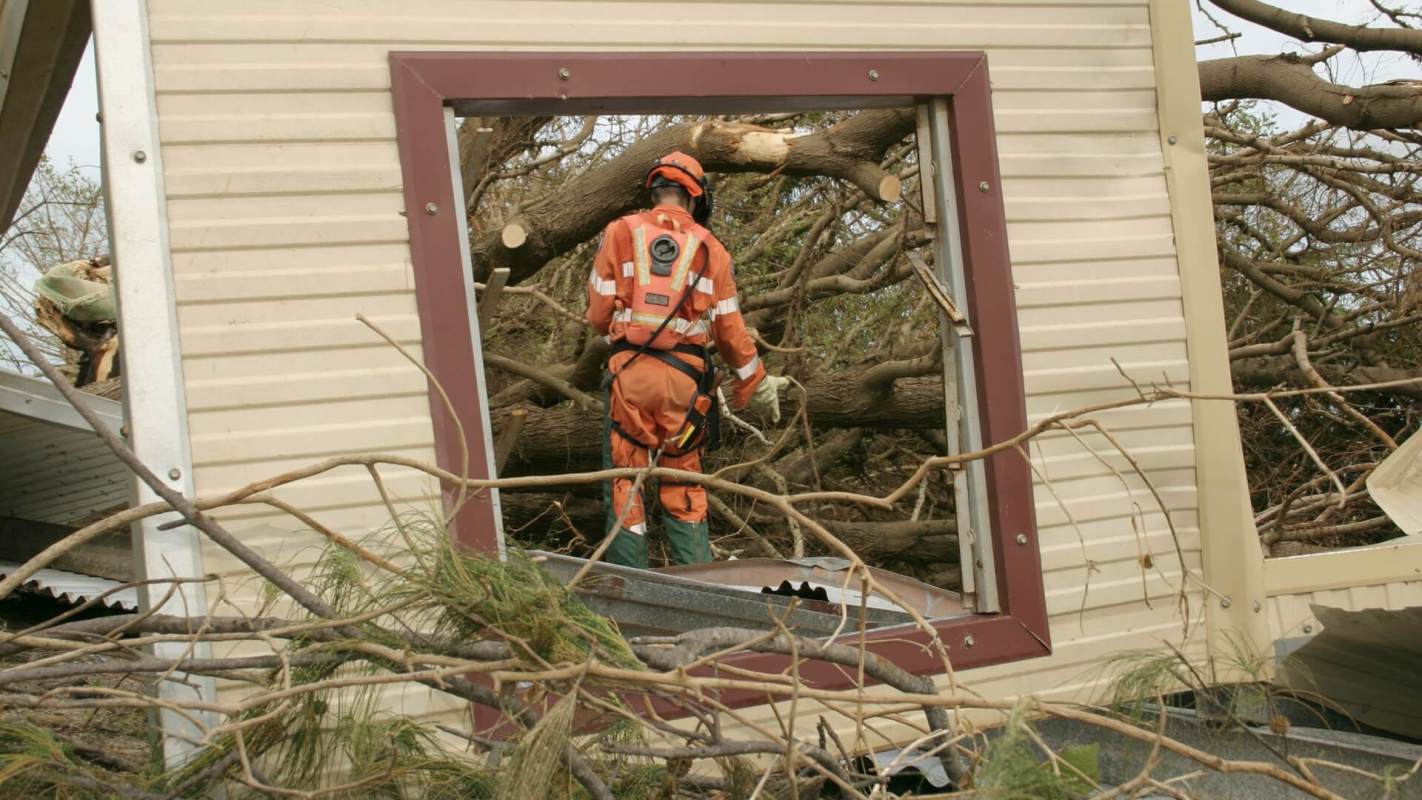Hundreds of thousands of Puerto Rican people are still without power due to Hurricane Fiona, which swept through the island in mid-September.
The storm originally knocked out power for millions, causing a major crisis on an island that is still recovering from the devastation of Hurricane Maria in many ways.
But two houses, notably, were able to keep the lights on. The homes are prototypes, featuring solar panels and special, reinforced walls that managed to withstand the Category 4 storm.
The houses were designed by a nonprofit called the Acacia Network, which has worked to provide both disaster relief and affordable, eco-friendly housing for Puerto Rico's residents. As Fast Company first reported, the futuristic homes were built in the wake of Hurricane Maria, which brought mudslides, flooding, and other disasters to the island in 2017.
The homes are located in Caguas, a city a few dozen miles south of San Juan.
These homes have walls that are specifically designed to withstand earthquakes and hurricanes, while also providing natural ventilation that helps cool the interior. The dwellings are equipped with solar panels, as well as devices for collecting and filtering rainwater.
These features allow the homes to exist independently of Puerto Rico's power and water grids, which was crucial when Hurricane Fiona temporarily knocked out the island's power grid.
Rain from the storm also severely damaged the island's water supply. As The Hill reported, over 430,000 people were still without clean water as of Sept. 22.
The damages from Hurricane Fiona will cost nearly $140 billion to repair, according to a report submitted to Congress. As the Associated Press reported, some of these costs will go to continued repairs to the homes and infrastructure destroyed during Hurricane Maria.
Progress on the island has often been slow, in part due to a lack of resources and funding. According to the AP, only 21% of all post-Maria recovery projects had been completed as of September 2022.
"That is unacceptable," Cristina Miranda, the executive director of the League of Cities nonprofit, told the outlet. "Five years later, uncertainty still prevails."
The Acacia Network has yet to announce whether it will add more prototype homes to the island, although it is clear that the nonprofit is committed to testing more sustainable and affordable housing solutions.
Follow The Cool Down on Instagram and TikTok.








